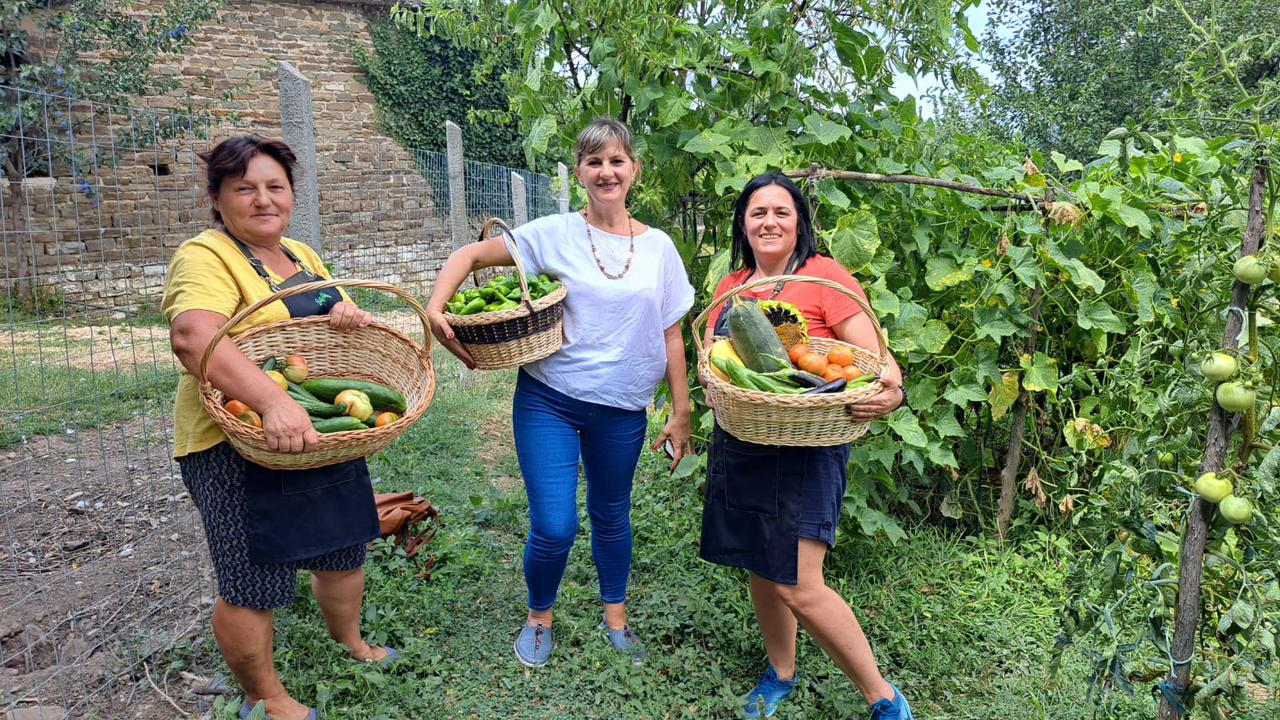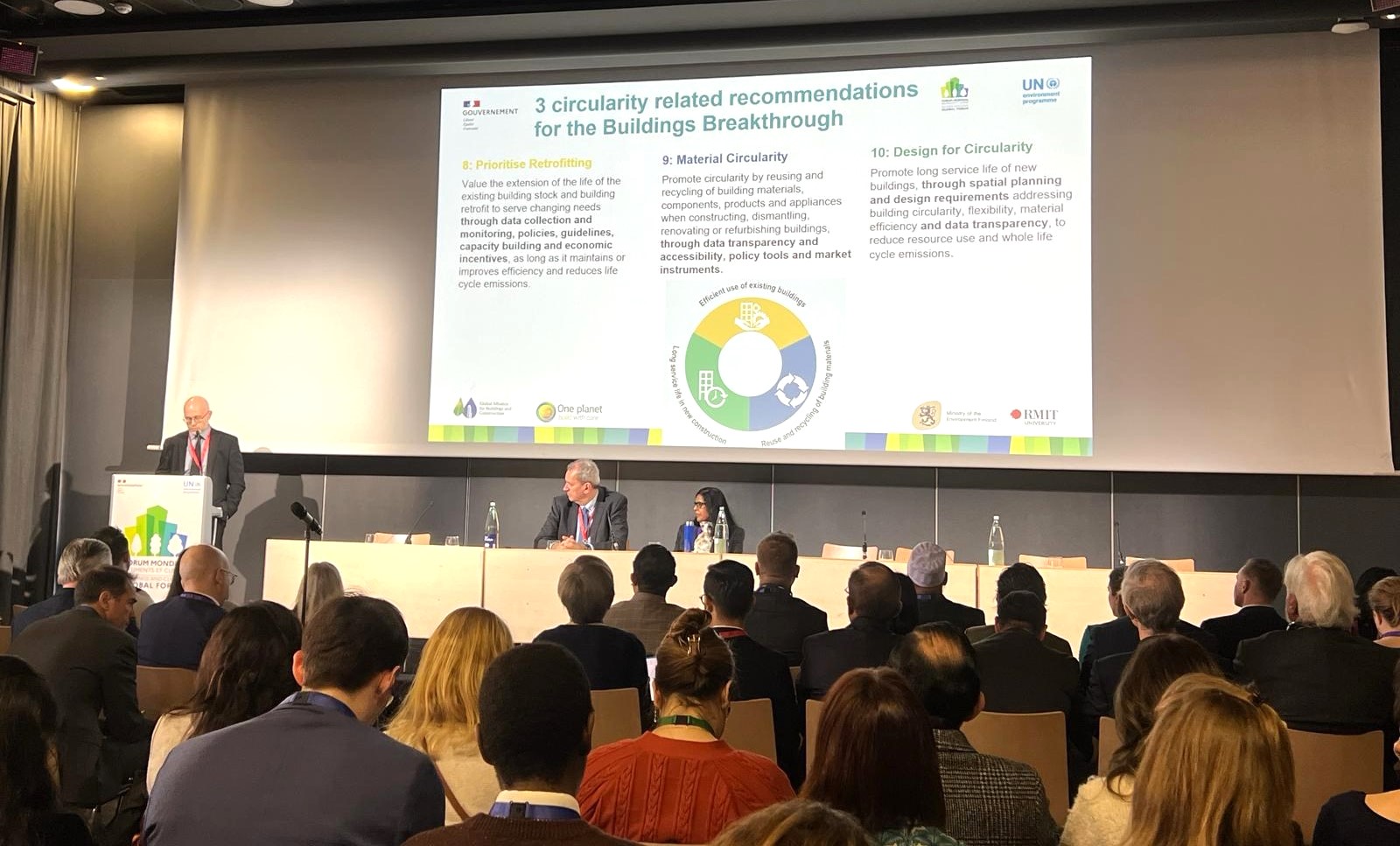New EU Circular Economy Action Plan
The new Action Plan announces initiatives along the entire life cycle of products, targeting for example their design, promoting circular economy processes, fostering sustainable consumption, and aiming to accelerate the European Union's transition towards a circular economy. It introduces legislative and non-legislative measures targeting areas where action at the EU level brings real added value. The Action Plan will help the EU advance towards keeping resource consumption within planetary boundaries, and therefore strive to reduce its consumption footprint and double its circular material use rate in the coming decade.
The new Circular Economy Action Plan presents 35+ measures to: - Make sustainable products the norm in the EU; - Empower consumers and public buyers to make sustainable choices; - Focus on the sectors that use most resources and where the potential for circularity is high such as: electronics and ICT; batteries and vehicles; packaging; plastics; textiles; construction and buildings; food; water and nutrients; - Ensure less waste; - Make circularity work for people, regions and cities, - Lead global efforts on circular economy. Amongst all legislative and non-legislative actions announced in the CEAP, it is worth mention some planned developments that are particularily relevant for the SLE Programme: - The Commission will propose that companies substantiate their environmental claims using Product and Organisation Environmental Footprint methods. Such legislative proposal, planned for 2021, will help support sustainable consumption in the EU, by increasing green claims' reliance, increase consumers' trust, and help market green products. The Commission will test the integration of these methods in the EU Ecolabel and include more systematically durability, recyclability and recycled content in the EU Ecolabel criteria. - The European Institute of Innovation and Technology will coordinate innovation initiatives on circular economy in collaboration with universities, research organisations, industry and SME's within the Knowledge and Innovation Communities. - Circular economy investment in education and training systems, lifelong learning, and social innovation will be promoted under the European Social Fund Plus.

